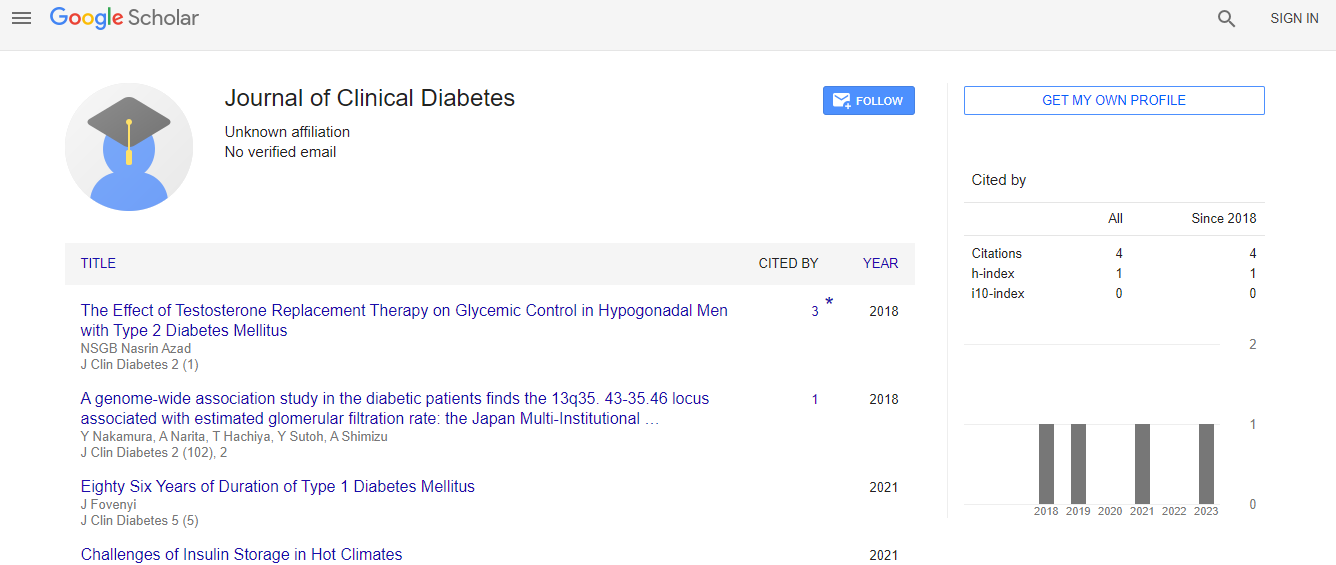Switching off technology from a major contributor to a global stategy in the prevention of obesity
*Corresponding Author:
Copyright: © 2020 . This is an open-access article distributed under the terms of the Creative Commons Attribution License, which permits unrestricted use, distribution, and reproduction in any medium, provided the original author and source are credited.
Abstract
Obesity is the largest contributor to preventable chronic diseases, and constitutes a huge strain on systems of healthcare provision, worldwide. The consequences associated with obesity, and its myriad of complications, are further compounded, in most developing countries, by the scarcity and/or the colocalization of medical resources. Fortunately, the introduction of “digital therapeutics” can lessen the burden of these problems; there are many technologies available that can facilitate the delivery of accurate, essential and high-quality healthcare services that are thought to improve physical activity, weight control, and body mass index, using high-speed gadgets, across the world. Consistently, ownership of smartphones and wearable health monitoring devices has increased among various demographic groups, including lowincome populations. More importantly, in this day and time, these softwares and tools offer an additional incentive when it comes to being able to provide immediate healthcare services at one’s own comfort and convenience. What remains of paramount importance is balancing the logistics, potential reliability and efficacy of using digitalized healthcare protocols as the implementors of the necessary “changes in lifestyles and behaviours” required to tackle obesity’s causes and consequences, as well as understanding the long-term effects and aspects of inter-user communication and support.

 Spanish
Spanish  Chinese
Chinese  Russian
Russian  German
German  French
French  Japanese
Japanese  Portuguese
Portuguese  Hindi
Hindi 